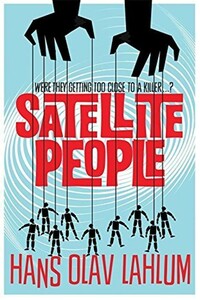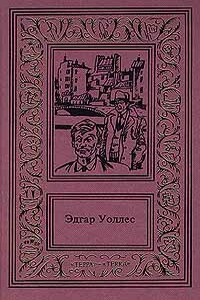The Catalyst Killing | страница 12
‘Even a psychologist?’ I remarked.
His nod was slightly sheepish.
‘Even a psychologist. Psychologists are also human. We are simply a little better than others at understanding ourselves and other people. One would hope,’ he added swiftly, with another charming smile.
Trond Ibsen gave the impression of being a socially gifted man. He was at once suitably serious when I asked if he thought that Falko Reinhardt was alive. Trond Ibsen replied that he had at first, but now doubted it more and more. It was perhaps not so easy for the layman to see, he said, adjusting his glasses, but it had been obvious to him that Falko had been troubled by something in the weeks before he disappeared. Something he knew was weighing on him. It was therefore easy to assume that assassination or abduction were the most likely possibilities. Bearing in mind the topic of Falko’s thesis, it was not hard to imagine some kind of Nazi conspiracy – not that he wanted to point a finger at anyone.
I asked immediately if his dark mood in the weeks before his disappearance might not also support the theory of suicide. Trond Ibsen straightened his glasses again and said that that would generally be a fair assumption. Everyone who had had the pleasure of knowing Falko Reinhardt would, however, dismiss this theory out of hand. He had never met a more charismatic and vibrant person, and what was more, Falko Reinhardt himself believed that he still had so much to do in this life.
Moreover, Trond Ibsen was of the opinion that ‘dark mood’ was perhaps an imprecise description. It was absolutely clear to him, however, as he had studied psychology, that Falko had had something on his mind. Falko had been very aware of his responsibility as leader in such situations – he preferred to grapple with things alone until he had come to some conclusion, and not to bother others unnecessarily. But given the force of his personality and sharp intellect, he normally found the answer within a few hours, or certainly within a couple of days. This time, it had been hanging over him for several weeks, so it must have been something extremely difficult and important. Trond Ibsen finished with a serious note in his voice.
As far as Marie Morgenstierne was concerned, Trond Ibsen did not like to use the word ‘incomprehensible’ about anything to do with humanity, but he almost had to here. It was hard to imagine why anyone would want to take the life of such a friendly and kind person. By a process of elimination, one might think that it was the group itself that was the target. But why she would have been killed first was a mystery. As far as he was aware, Marie Morgenstierne had had no personal enemies either within their political movement or otherwise – if she did, it would have to be her capitalist father, with whom she had had strained relations for years now. But it seemed highly unlikely that he would have killed his own daughter. Parents rarely killed their own children, and if they did they were usually alcoholics or people who were seriously mentally ill, the psychologist explained. Marie Morgenstierne’s mother had died a few years ago, and she had no siblings. When she had had a glass or two, Marie sometimes complained that it was hard enough to be the child of two reactionary capitalists, let alone the only child. Marie Morgenstierne could be very open with the other members of the group in such situations, but was otherwise quiet and reserved, he added swiftly.


